CBD 101: The Wellness World's Rising Star

Cannabidiol, commonly known as CBD, hails from the hemp plant—a member of the Cannabacae family of flowering plants. Throughout history, plants from this family have enriched our lives, offering textiles, paper, and nutrition. But in recent years, CBD has particularly caught the attention of many due to its intriguing properties.
Some folks hear 'cannabis' and jump to conclusions about CBD's effects. But rest assured, CBD is not the same as THC—the compound in cannabis that produces intoxicating effects. While they might share a family tree, their impacts on our bodies differ in significant ways. If you're curious about how CBD might fit into your wellness journey, keep reading to discover its fascinating characteristics.
How CBD Works Within Us
CBD predominantly interacts with our body's endocannabinoid system (ECS), a system that plays a crucial role in balancing various bodily functions.
Unlike THC, CBD does not produce psychoactive effects. The beauty of CBD lies in its ability to indirectly influence the ECS, promoting balance and well-being. One of its roles includes supporting the body's natural response to stress, which many have found beneficial.
If you're thinking about exploring CBD's potential benefits, always start with some research. A chat with your healthcare provider is also a smart move, especially if you're on other medications or have health concerns.
CBD: Top Questions Answered
1. Hemp vs. Marijuana: What's the Difference? Both hail from the Cannabis sativa L. species, but their composition and purposes differ. Hemp is primarily used for food and fiber, while marijuana emphasizes THC content. If you're considering CBD products, it's essential to know where it's sourced from and its composition.
2. Will CBD Give Me a 'High'? No, CBD doesn’t induce the 'high' that THC does. While THC directly influences receptors in the brain, CBD takes a different route, offering a sense of balance without intoxication.
3. Is CBD Habit-forming? The World Health Organization (WHO) considers CBD a safe substance. Studies have shown that CBD doesn't possess addictive qualities. However, quality varies among suppliers, so ensure your source is reputable.
4. Is CBD Legal Everywhere? Legality depends on the THC content and the region. In general, products derived from industrial hemp with less than 0.3% THC are considered legal in many places. However, laws change, so always stay updated.
Final Take
CBD continues to intrigue and inspire many with its potential wellness benefits. For those eager to delve into the world of CBD, the journey starts with knowledge. Resources like this article offer insights into the captivating world of CBD.
If you’re keen to explore further, consider the MONQ +cbd collection. This new line of CBD-infused aromatherapy products offers an array of blends for various needs. Crafted with care, MONQ ensures you get an enriching experience with every use.


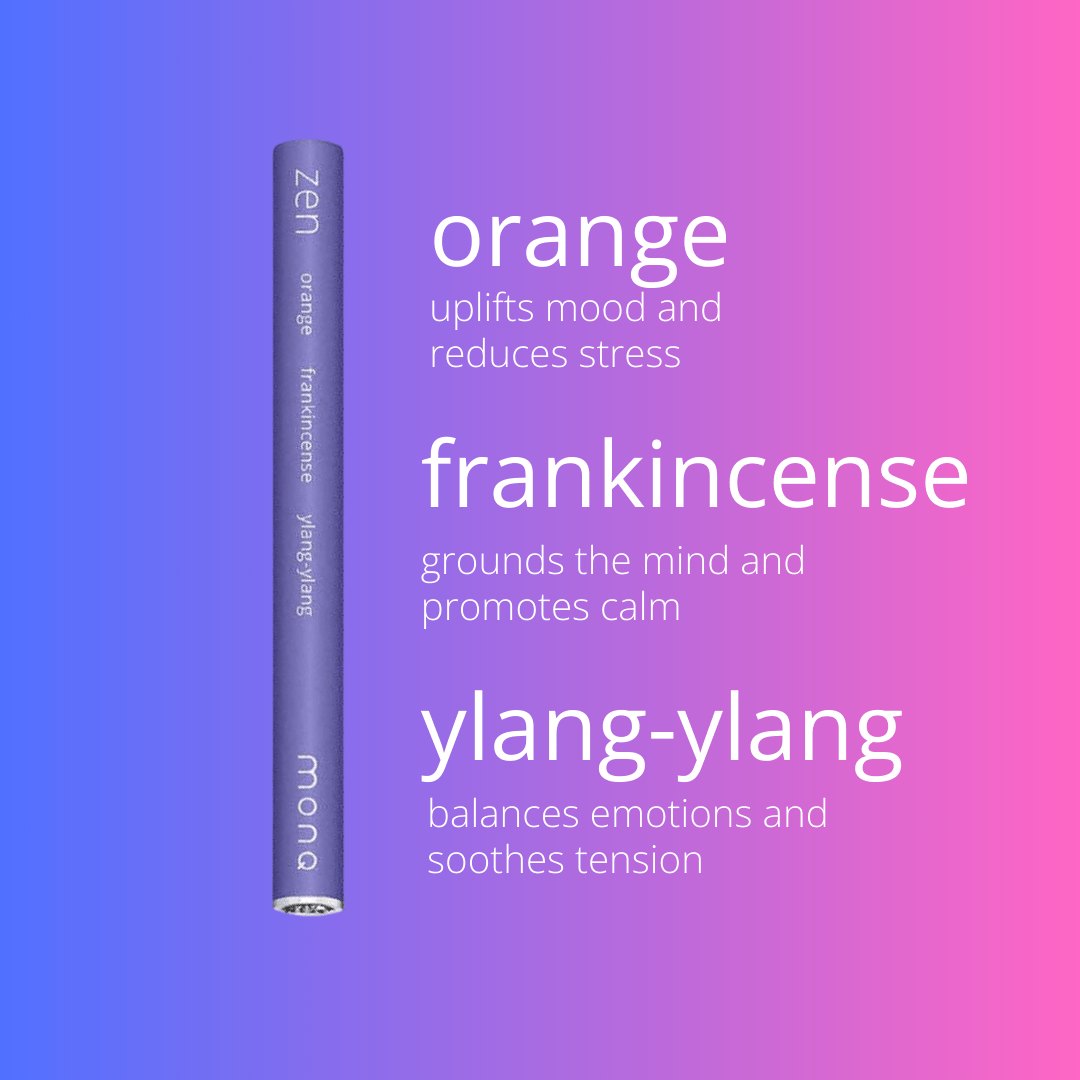

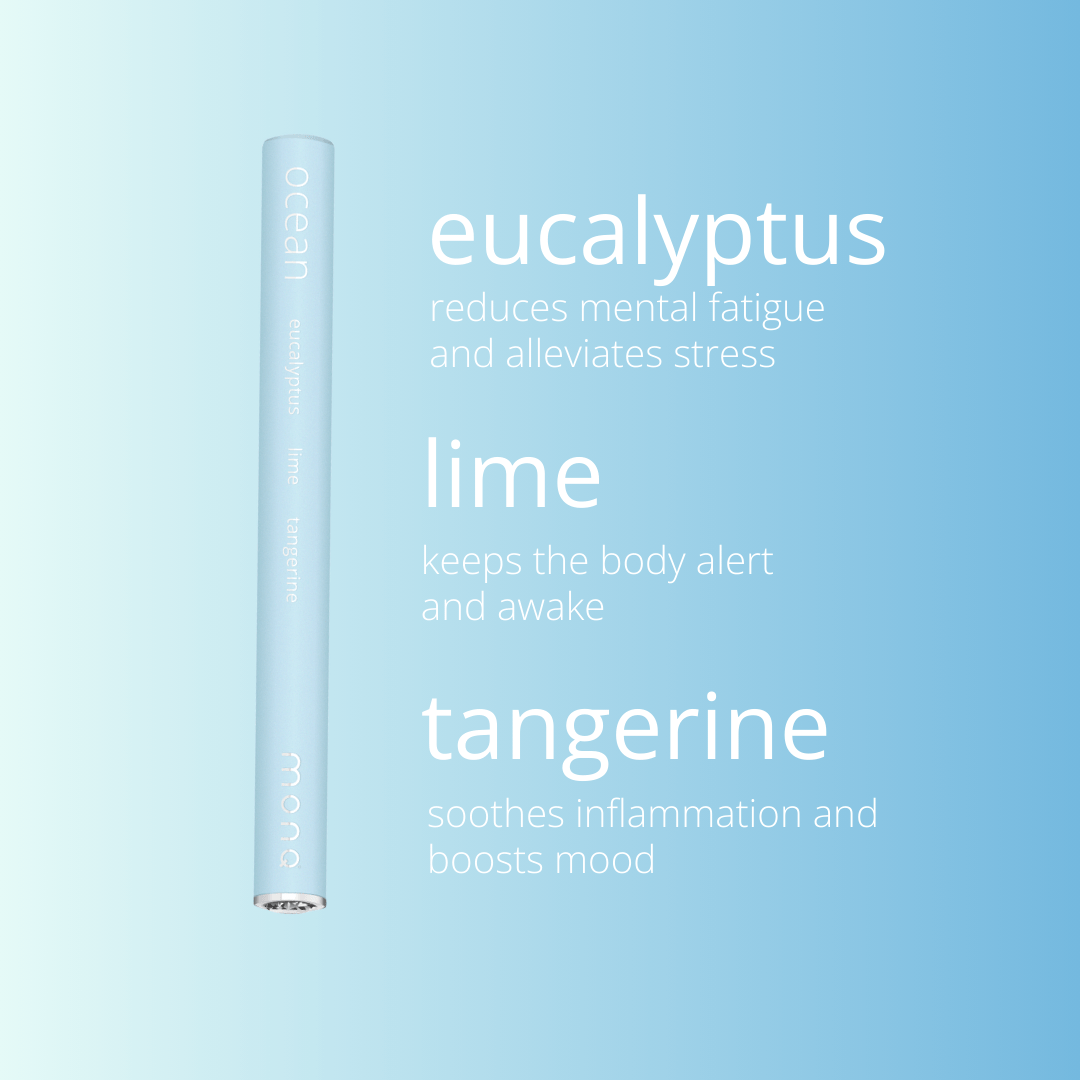
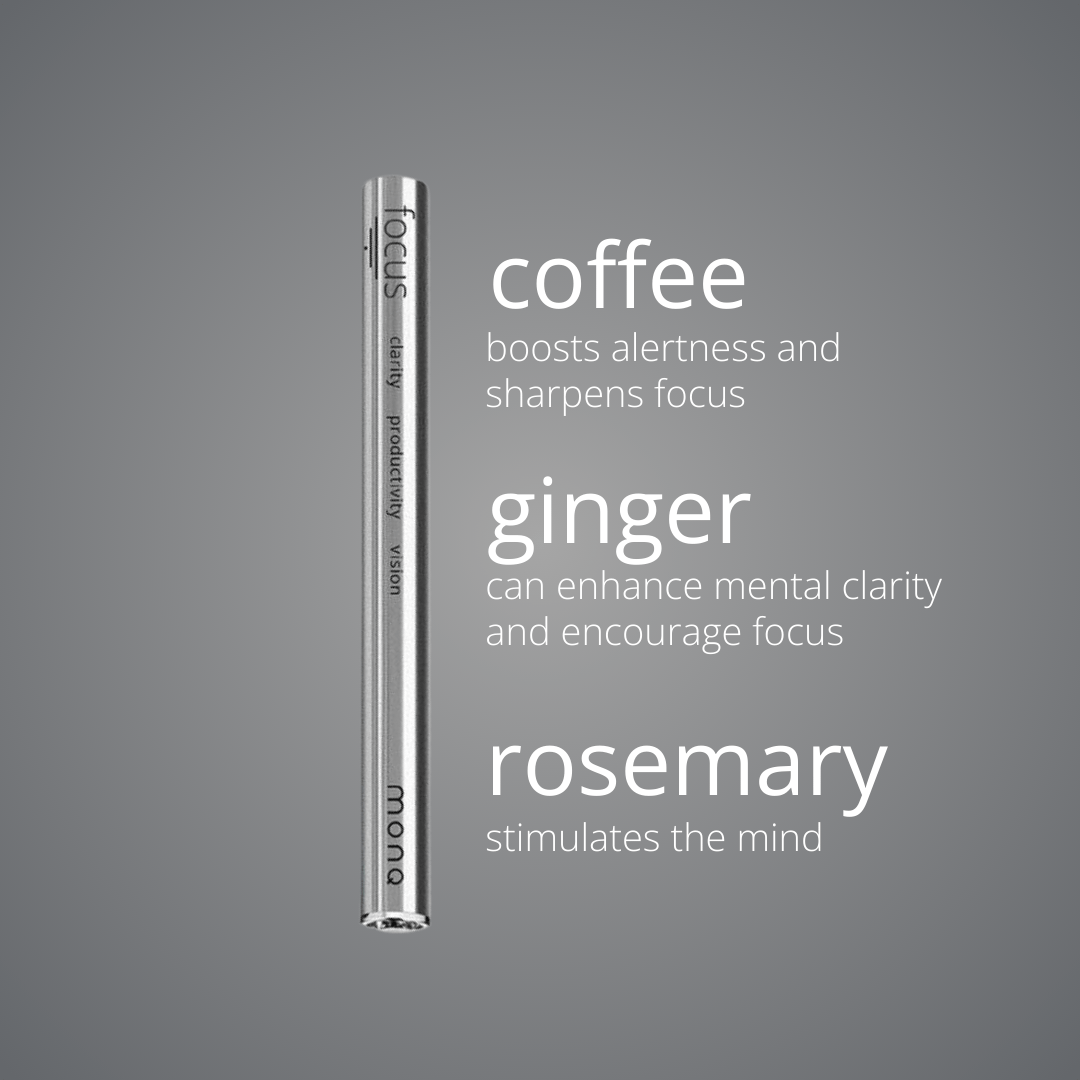
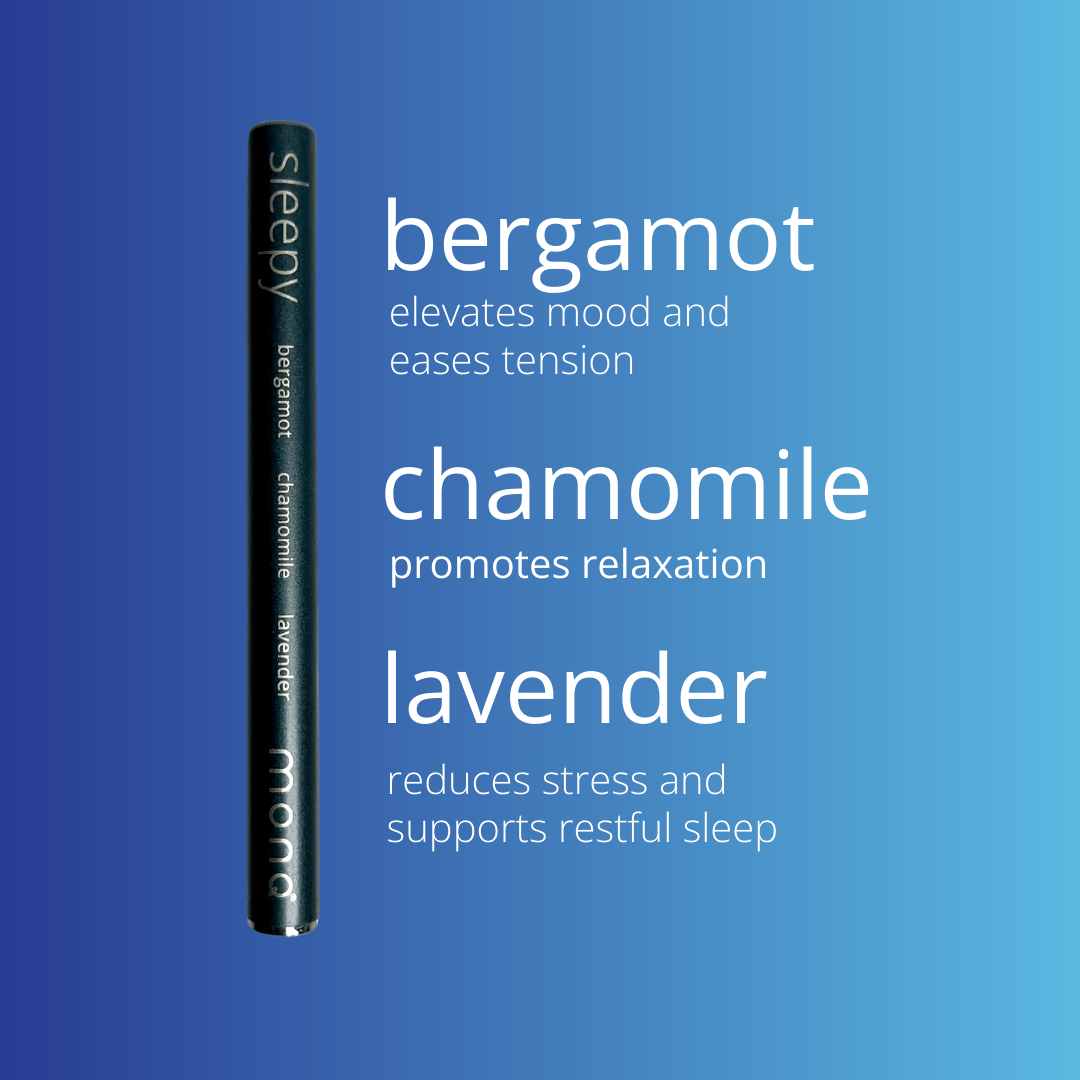
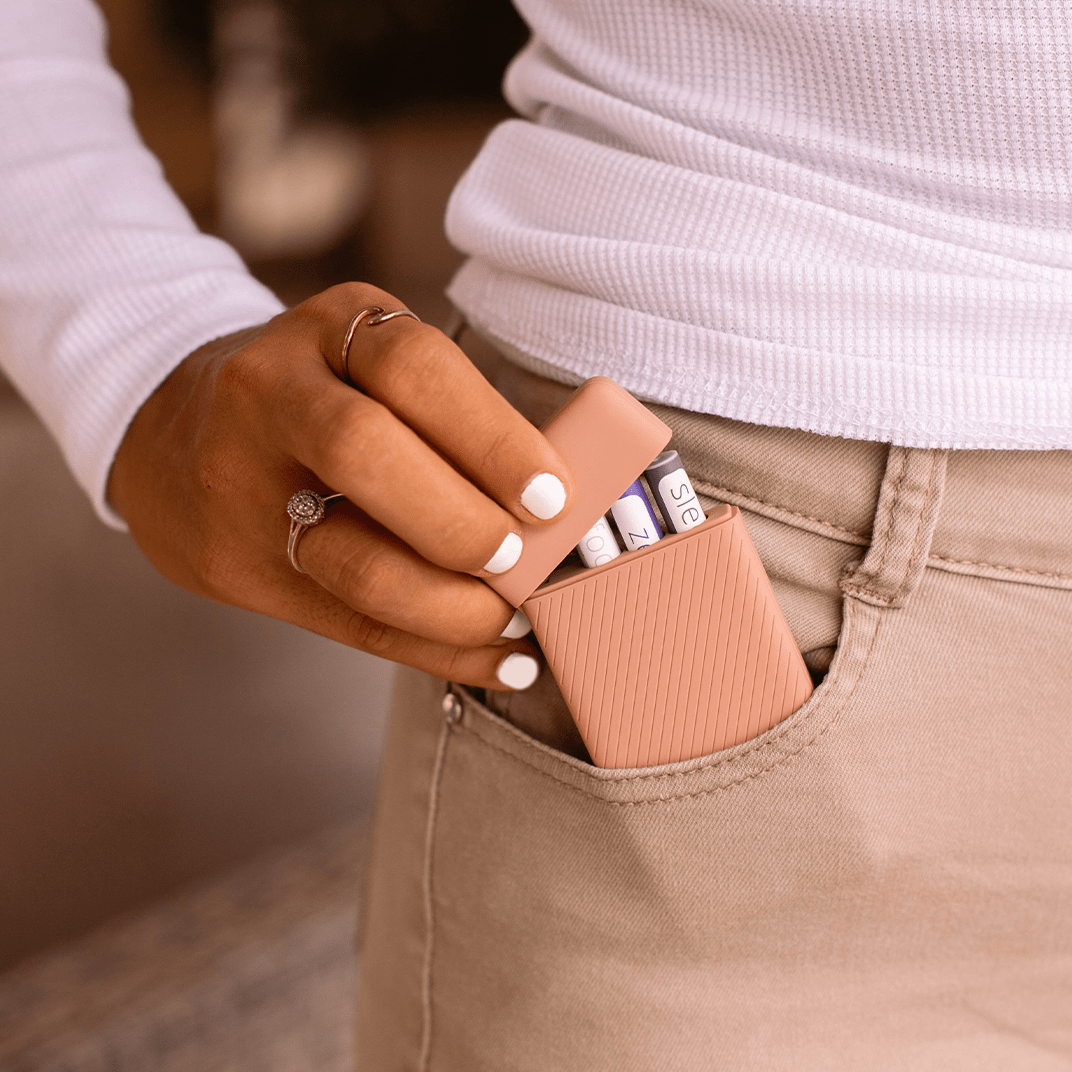
Leave a comment